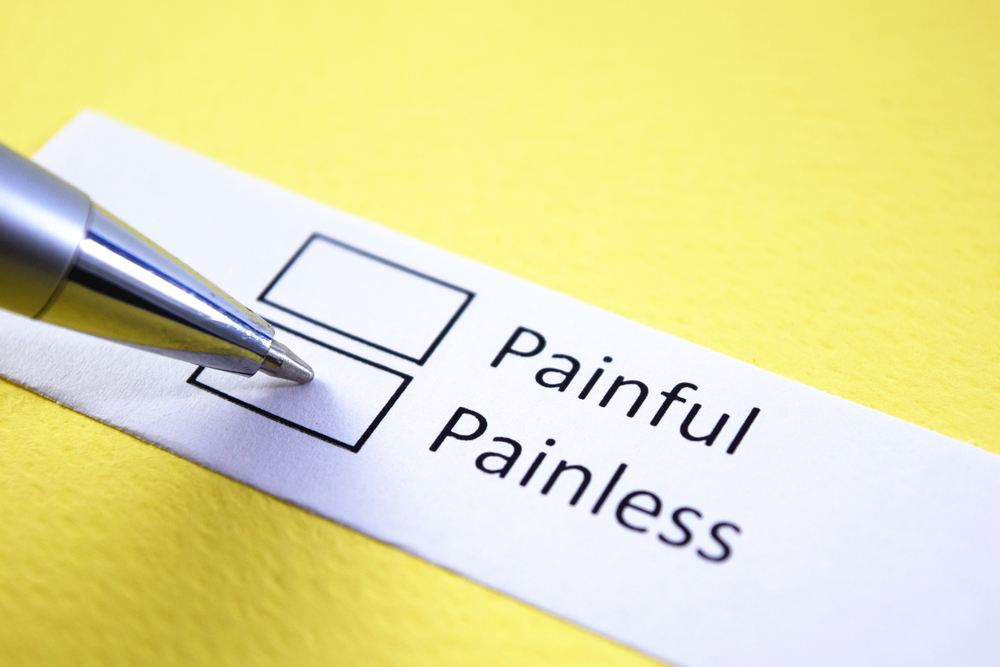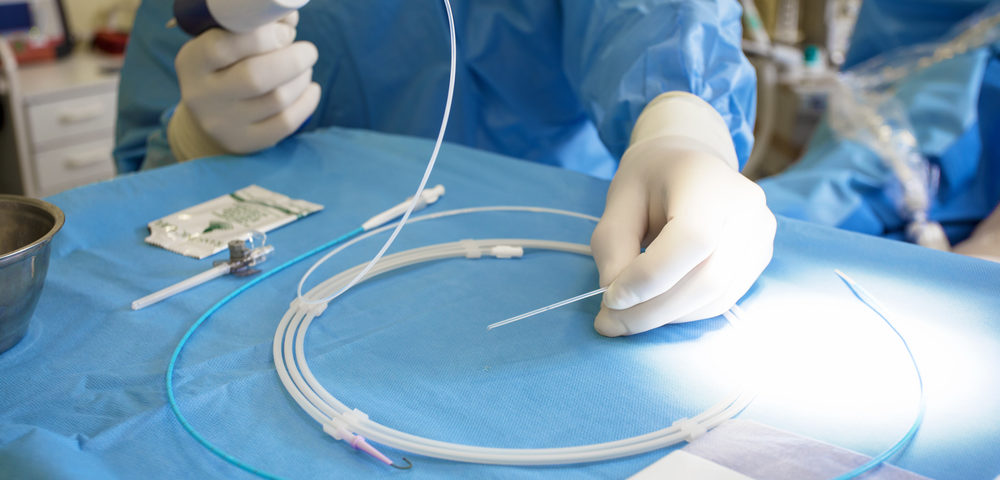
Sclerotherapy Frequently Asked Questions
December 19, 2018
7 Biggest Myths About Varicose Veins
January 15, 2019While varicose veins are commonly classified as a cosmetic concern, they can also cause symptoms such as aching, throbbing, pain, and leg ulcers. For individuals that experience venous ulcers, sclerotherapy offers a safe and effective way to address damaged veins and repair skin.
So, how can varicose vein injections help heal leg ulcers. Here’s everything you need to know about this treatment and why early intervention is essential.
Why is Early Intervention Important for Leg Ulcers?
The incidence of venous leg ulcers increases with age, with 60-85% of leg ulcers being caused by varicose veins.
That being said, studies have shown that early treatment of venous ulcers with sclerotherapy can help promote faster healing and decrease the likelihood of recurrence.
What is Sclerotherapy?
Sclerotherapy is an injectable treatment for varicose and spider veins and uses a sclerosing solution to collapse vein walls.
As a result of these varicose vein injections, damaged veins are absorbed by the body and gradually fade away.
How Varicose Vein Injections Heal Leg Ulcers
Standard management of leg ulcers caused by varicose veins typically includes cleaning, dressing, and compression therapy with bandages and/or stockings.
Researchers have found that adding sclerotherapy to this regimen and treating venous ulcerations within 2 weeks is extremely beneficial.
In fact, early intervention with compression therapy and varicose vein injections help heal leg ulcers at a higher rate and in a shorter period of time compared to treatment that’s delayed for 6 months or until the ulcer has healed.
Findings have also revealed that when treatment is administered sooner, it allows individuals to have longer periods of ulcer-free time.
What Should You Do If You Have a Leg Ulcer?
Based on this information, if you have a leg ulcer that has not healed within 2 weeks, it’s recommended that you seek medical care from a vein specialist like Dr. Kumar.
At your initial meeting, a patient history and physical exam will be conducted to evaluate your condition and a customized treatment plan will be developed to expedite healing and alleviate discomfort.
To learn more about how varicose vein injections help heal leg ulcers in Maryland, please contact our office today to schedule a consultation.




